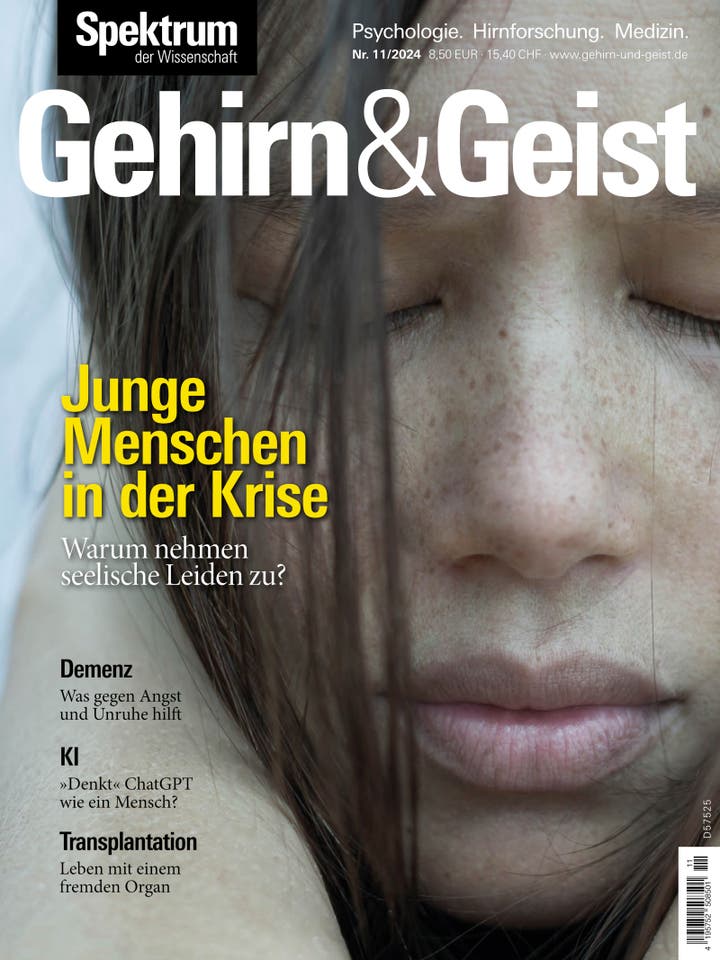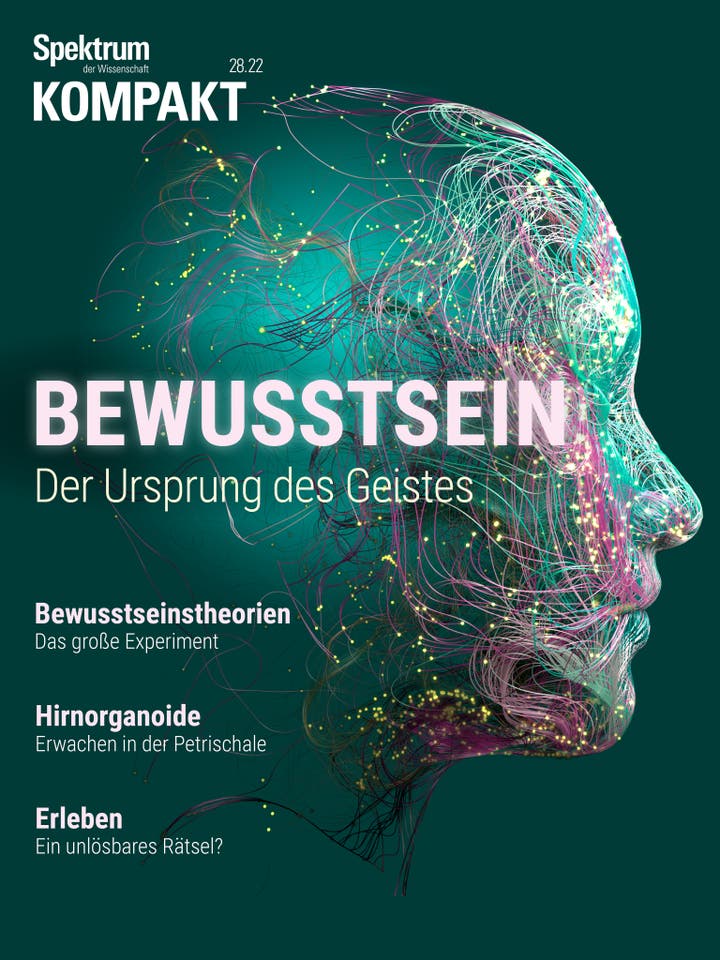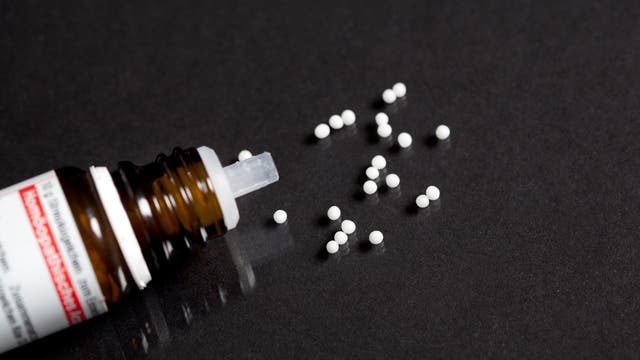Login erforderlich
Dieser Artikel ist Abonnenten mit Zugriffsrechten für diese Ausgabe frei zugänglich.
Duftlampen, Aromabäder, Massageöle – die meisten Menschen lieben wohltuende Gerüche. Manche behaupten gar, die Pflanzenessenzen wirkten nicht nur entspannend, sondern auch heilsam. Wisenschaftler atmen da erst einmal tief durch und prüfen die Fakten.
Literaturtipps:
Goldner, C.:Die Psycho-Szene. Alibri: Aschaffenburg 2000.
Kritischer Überblick zu alternativen Heilverfahren einschließlich der Aromatherapie.
Ryman, D.: Daniele Ryman’s Aromatherapy Bible. An Encyclopedia of Plants and Oils and How They Help You. Piatkuts Books: London 2002.
Nomen est Omen: Die „Bibel“ der Aromatherapeuten.
Werner, Monika, von Braunschweig, R.: Praxis Aromatherapie. Grundlagen, Steckbriefe, Indikationen. Haug: Stuttgart 2005.
Wissenschaftlich orientierte Anleitung zur Aromatherapie.
Ernst, E, „Sind ätherische Öle wirksame Arzneimittel?“, MMW-Fortschritte der Medizin, 2001; 9: 47-48.
Barrett, S.:Aromatherapy: Making Dollars out of Scents.
Ein Artikel der amerikanischen Anti-Quacksalber-Vereinigung „Quakwatch“ zur Aromatherapie
Buchbauer, G.: Können Riechstoffe mehr als nur gut duften? In: Zeitschrift für Allgemeine Medizin, 1996, 72. S. 1220-1223.
Diego, M.A.: Aromatherapy positively affects mood. EEG patterns of alertness and math computations. In: International Journal of Neuroscience, 1998, 96. S. 217-224.
Lee, S.Y.: The effect of lavender aromatherapy on cognitive function, emotion, and aggressive behavior of elderly with dementia. In: Taehan Kanho Hakhoe, 2005, 35. S. 303-312.
Göbel H. et al.: Effektivität von Oleum menthae piperitae und von Paracetamol in der Therapie des Kopfschmerzes vom Spannungstyp. In: Nervenarzt, 1996, 67. S. 672-676.
Murakami, S.: Aromatherapy for Outpatients with Menopausal Symptoms in Obstetrics and Gynecology. In: Journal of Alternative and Complementary Medicine, 2005, 11. S. 491-494.
Pearce A.L. et al.: Reduction of Nickel-Induced Contact Hypersensitivity Reactions by Topical Tea Tree Oil in Humans. In: Inflammation Research, 2005, 54. S. 22-30.
Sgoutas-Emch, S. et al.:Stress Management: Aromatherapy as an Alternative. In: Scientific Review of Alternative Medicine, 2001, 5. S. 90-95.
- Forum Essenzia (Verein für Förderung, Schutz und Verbreitung der Aromatherapie)
- National Association for Holistic Aromatherapy






Schreiben Sie uns!
Beitrag schreiben